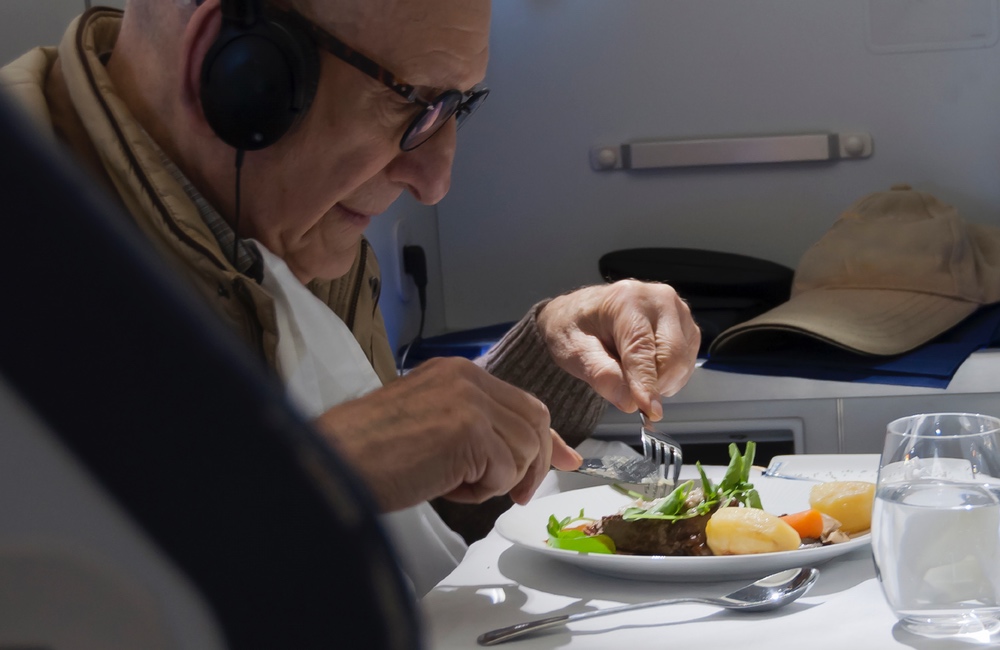Many seniors who are able to continue to live in their own homes still find it hard to get out to shop and prepare meals. So meal delivery programs like Meals on Wheels, which help make sure that seniors get adequate nutrition, are very important to seniors' health.
Now it appears the programs offer something else — relief from the social isolation and loneliness so many homebound seniors experience, particularly during the holidays.
The Meals on Wheels program was developed decades ago to serve the nutritional needs of homebound seniors as part of The Older Americans Act of 1965. Aging Americans who qualify receive daily or weekly deliveries of nutritious food. Eligibility is based on income, age, and disability criteria. The program receives funds from federal, state and local governments, as well as private foundations, fundraising, voluntary contributions, and direct payment for services.The findings add to a growing body of evidence that reducing the frequency of meal delivery is not cost-saving in the long-term since it can lead to deteriorating physical and emotional health.
Researchers divided over 600 seniors who were eligible and waiting for the Meals on Wheels program into three study groups. One group received regular daily deliveries of food; one received weekly deliveries with enough meals for five days; and a third group was placed on a waiting list for the program and did not receive any deliveries.
The participants were asked how often they lacked companionship, how often they felt left out, and how often they felt isolated from others. They were also asked directly whether services from the home delivered meals program helped them feel less lonely.
The Brown University researchers surveyed the seniors at the start of the study and again 15 weeks later.
Over half the subjects lived alone, and almost 20% reported they were in contact with friends of family less than once or twice a month. Their self-reports made it clear that about a third of the seniors were depressed and a quarter felt anxious.
In 2012, more than 135 million meals were served to nearly 850,000 seniors. But funding cuts and increasing transportation and food costs have stressed meal programs' budgets. To reduce costs programs are considering having food delivered weekly rather than daily and by postal carrier rather than dedicated drivers. In some cases, participants have been cut from the program completely. The findings add to a growing body of evidence that home-delivered meals help keep older adults with low care needs in their own homes instead of institutions. This has translated into Medicaid savings. The study shows how visitors regularly knocking on the doors of seniors in need to deliver meals also serves as a safety check and lifeline for isolated seniors.
Loneliness has been shown to increase the risk of functional decline, illness and death in seniors, so addressing social isolation should be a public health priority. The researchers call upon public health planners to consider the role of social connections in fostering well-being. Saving money by curtailing the Meals program may ultimately result in a loss of independence among seniors who could have remained in their own home settings. Their consequent admission to nursing homes will be a costly result.
The study is published in the Journals of Gerontology: Series B.





